
A British university made progress on two environmental problems with one successful campaign: it got rid of unsightly used chewing gum littered about the campus and significantly reduced use of unrecyclable disposable coffee cups. How? By getting students to put the chewing gum into special bins, then using the recycled gum to make free re-usable … Continue reading “Green Coffee”

The Jeu de Paume museum in Paris is hosting an exhibition of Depression-era photographer Dorothea Lange’s work from 16 October to 27 January. It’s a wonderful subject for class work, and has inspired our Ready to Use Resource and a competition for pupils. Dorothea Lange (1895-1965) documented some of the most traumatic aspects of U.S. … Continue reading “Dorothea Lange Exhibition: Teacher and Class Visits”

For a weekend in late July, the southern English city of Bristol hosts Europe’s biggest street-art festival. The Urban Paint Festival (Upfest) is celebrating its 10th anniversary from 28 to 30 July with a Simpsons theme. Bristol has form when it comes to street art — it is the home city of the mysterious Banksy, … Continue reading “Bristol: The Painting is on the Walls”

If you are using our Murder on the Orient Express Resource with your students, this introductory scene from the film is a great way to introduce the characters. It’s 9 minutes long but with limited dialogue and pupils should be reassured that they are not expected to understand every word. They should have a grid … Continue reading “Teaching With Film: Murder on the Orient Express”
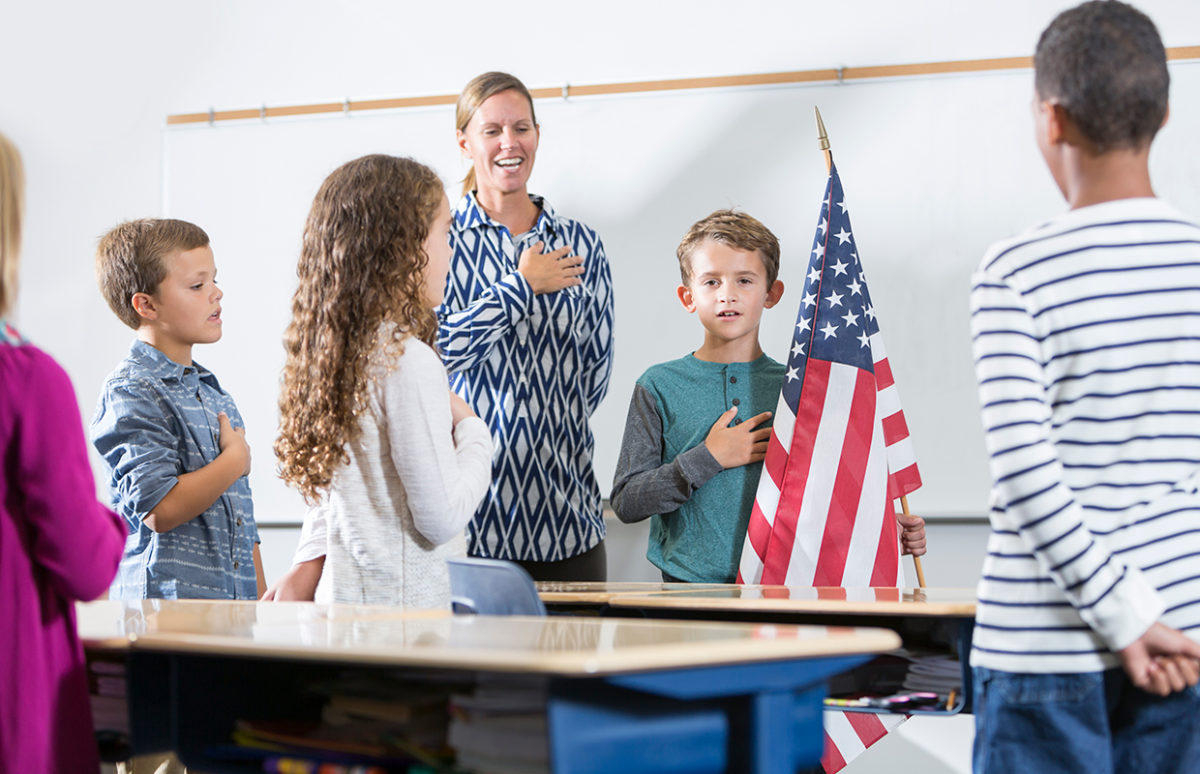
Get ahead for the new school year! This A2+-level article can be used in parallel with the warm-up activities implemented at the beginning of the school year, as it deals with the Pledge of Allegiance in every school in the U.S.A, as a daily patriotic ritual, as well as recent protests against the national anthem at … Continue reading “Protesting for Change”
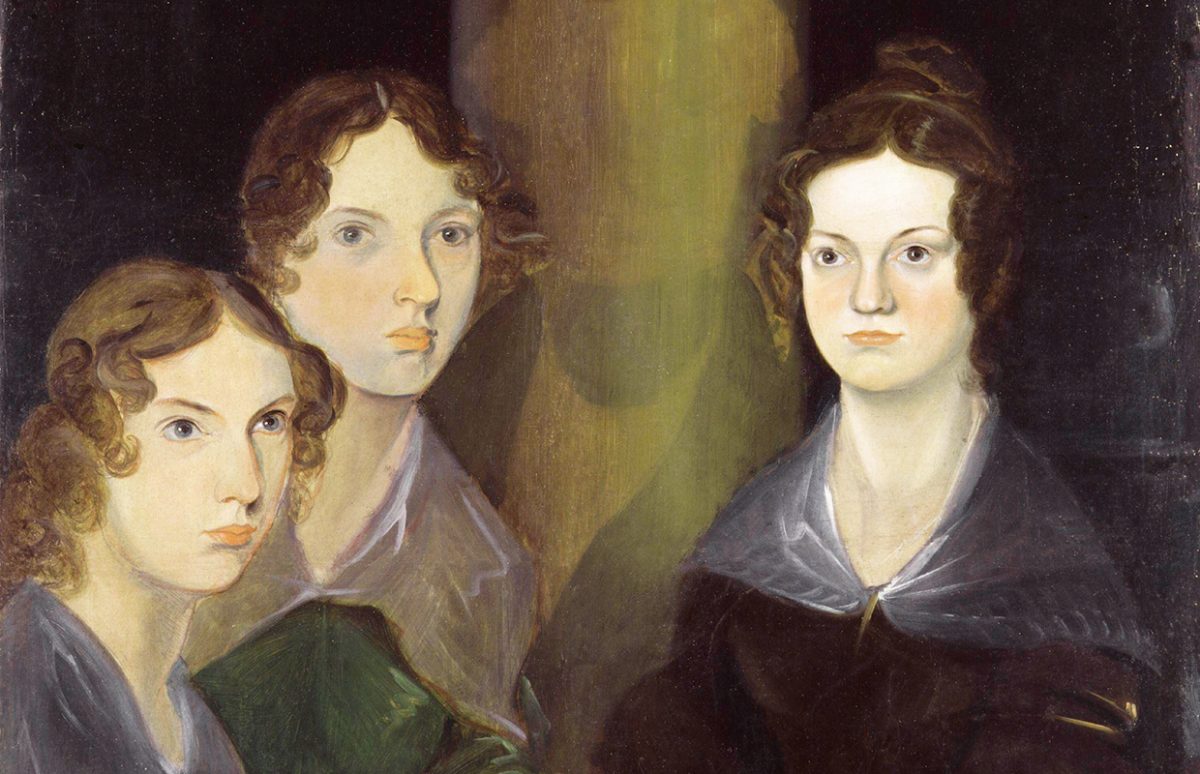
The three Brontë sisters lived short, isolated lives in early nineteenth century England, but they produced some outstanding novels, in particular Jane Eyre and Wuthering Heights. The bicentenaries of their births are being celebrated from 2016 to 2020. To find out more about the Brontës, visit the Brontë Society site, which has information about each … Continue reading “Brontë Family Webpicks”
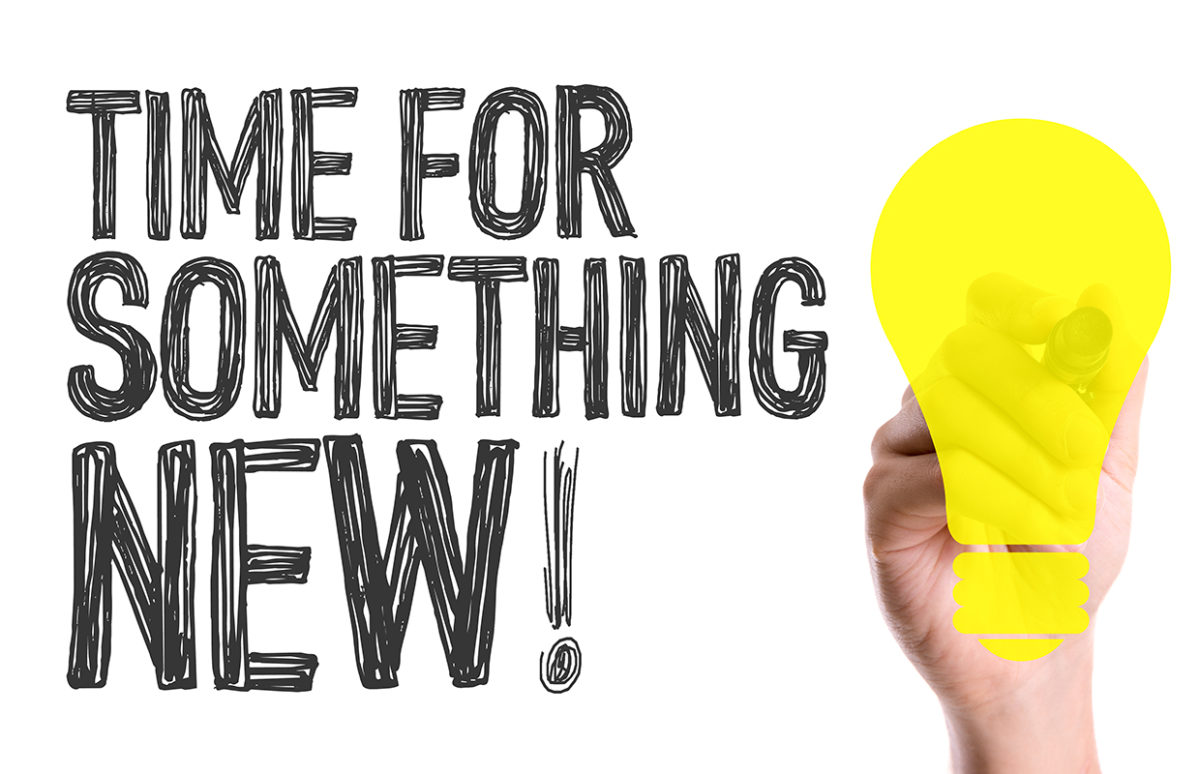
Nous serions ravis de recevoir des exemples d’erreurs génériques que vos élèves font tout le temps afin de vous proposer en retour des méthodes efficaces pour aider les élèves à éviter ces erreurs. Par exemple, confondre les noms dénombrables et indénombrables : “I read much books.” Ou se tromper dans l’ordre des mots: “I speak very well … Continue reading “Help Us Help You Avoid Student Errors”
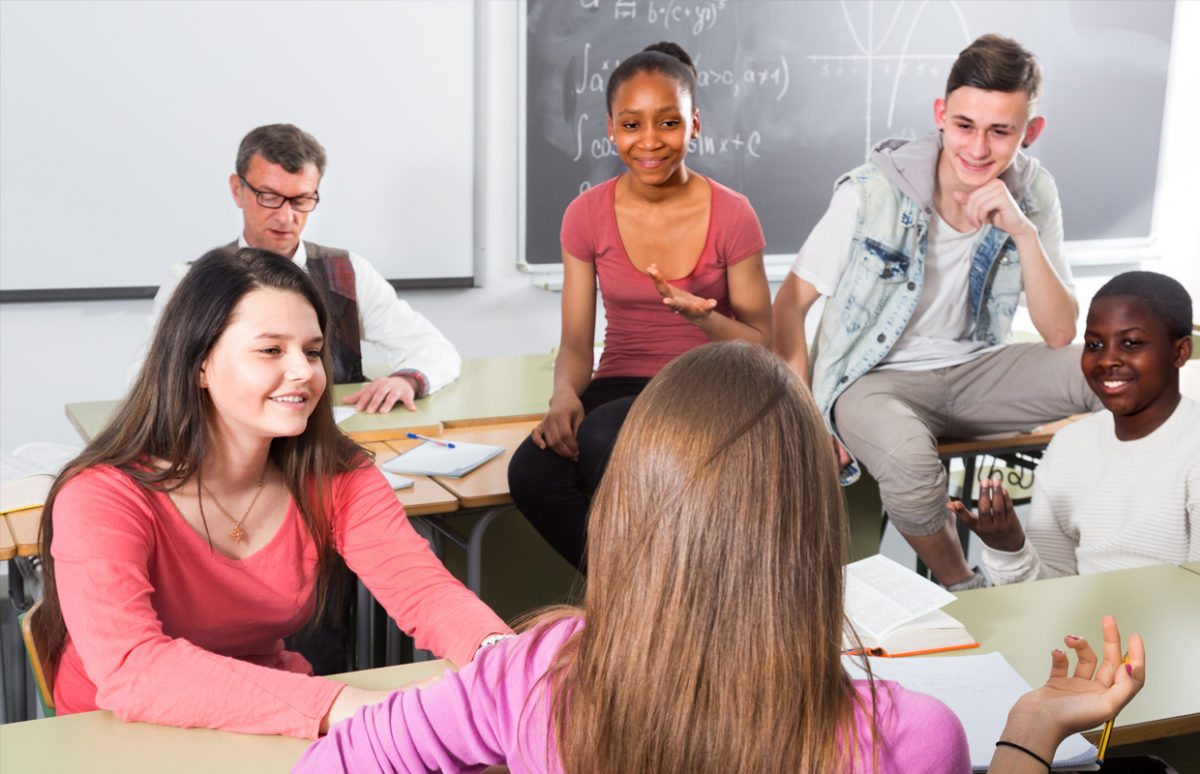
Parmi les idées d’évolution du Baccalauréat figure la perspective d’un « grand oral » qui valoriserait les compétences de l’oral. Or, la confiance nécessaire pour parler devant ses camarades, toute la classe, voire un jury, n’est pas innée et les élèves doivent y être régulièrement entrainés. Les langues peuvent jouer un rôle non négligeable dans … Continue reading “Oral Participation in Class: Ideas from Britain”
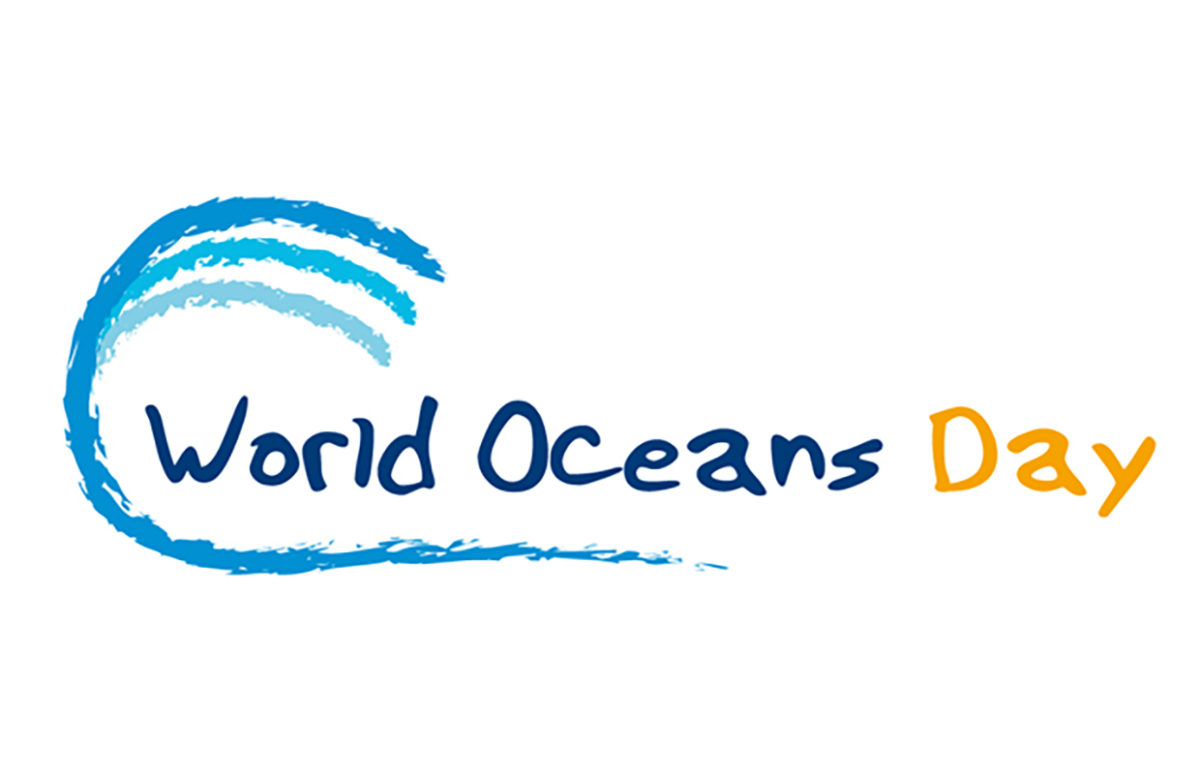
The theme of World Oceans Day, 8 June, is the problems caused in the oceans by plastic pollution, a subject which is very much in the news at the moment. There are some great videos and teaching resources on this topic. And more to do in Plastic-Free July. This wordless video, “How will you celebrate … Continue reading “Fight Plastic Pollution”
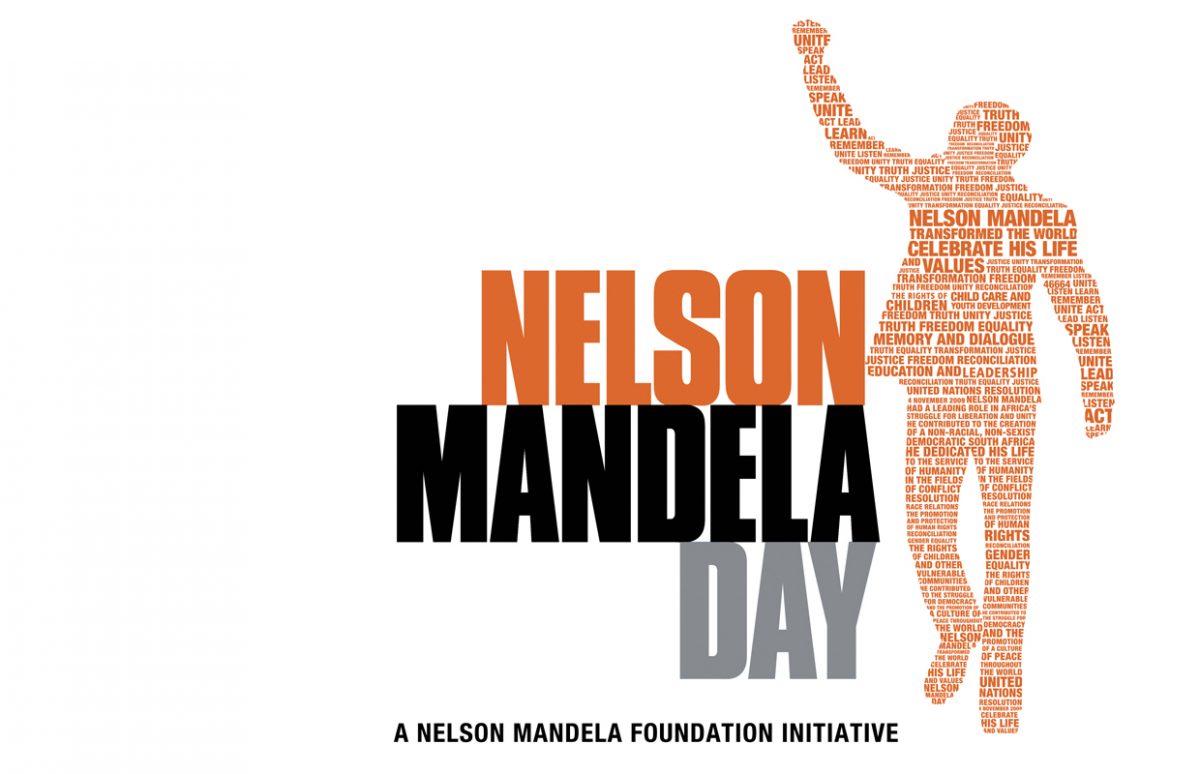
Mandela Day, 18 July, is a United Nations International Day in honour of Nelson Mandela. The date is his birthday, and 2018 marks the centenary of his birth. As well as our Ready to Use Resource and BioBox quiz, here are some online resources for classroom use about Mandela Day. Our downloadable BioBox quiz is … Continue reading “Mandela Day Digital Resources”














